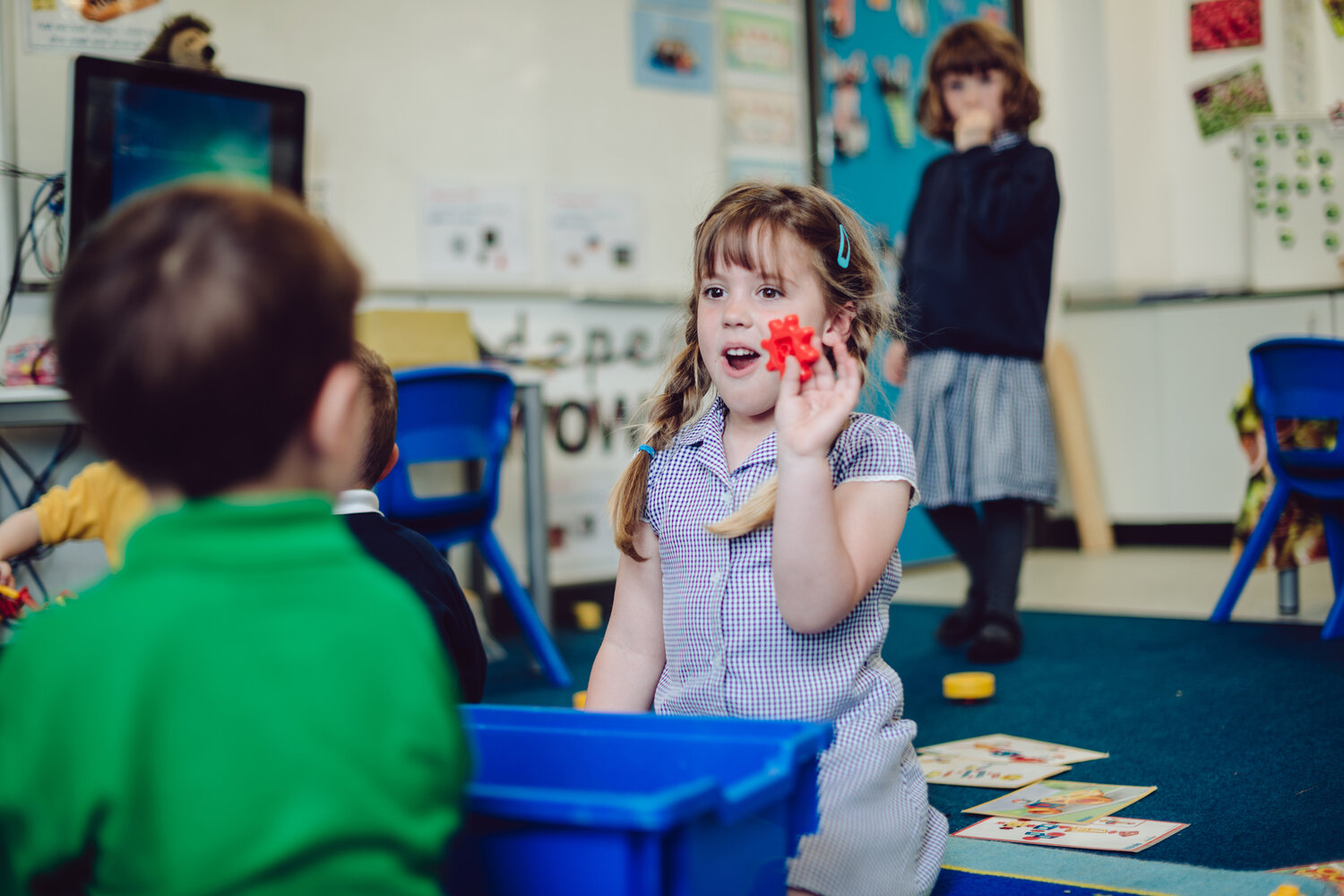Computing
At Marine Academy Primary, we understand that technology plays a significant role in society today. Through a broad and diverse Computing curriculum, children are taught the skills and the correct morals, values and ethics to participate effectively and safely in this digital world. At the core of our Computing curriculum, children are introduced to a wide range of technology, including Chromebooks, iPads and interactive whiteboards, allowing them to continually practice and improve the skills they learn. This ensures they become digitally literate so that they are able to express themselves and recognise the wide range of platforms for creating and evaluating content.
Children in our Reception classes learn to use technology safely on a day-to-day basis during their independent learning through the use of Alexa, Bee-Bots, iPads and computers. However, it is in Term 3 where their developing knowledge of computing is brought to life, especially through their topic ‘Transport’. Here, children will learn about early programming and algorithms as they program Bee-Bots to go on a journey, visiting different landmarks along the way. They will begin to think logically about the equipment needed to become a real-life diver, as well as exploring how video and photographic footage is available for us to look at. Throughout the year, children will begin to understand the scope of technology; for example when they use Google Earth to plan a journey during their ‘Transport’ topic or when they use Google images and Google to fact find during their ‘Changes’ topic. The children skype their counterparts in Ghana in Term 6 and begin to understand how technology can create connections. The planned experiences and opportunities that the children encounter provide them with firm foundations to build upon their knowledge and develop digital literacy for future learning.
Our Computing curriculum enables children to become effective users of technology who can:
Understand and apply the essential principles and concepts of Computer Science, including logic, algorithms and data representation;
Analyse problems in computational terms, and have repeated practical experience of writing computer programs in order to solve such problems;
Evaluate and apply information technology analytically to solve problems;
Communicate ideas well by utilising appliances and devices throughout all areas of the curriculum.
Internet Safety
At Marine Academy Primary we take internet safety extremely seriously. We have an Internet Policy that provides guidance for teachers and children about how to use the internet safely. The first topics of the academic year for all children have explicit e-safety links so that children understand how to stay safe online and report any concern they may have when using technology. E-Safety is continually taught throughout the year via picture books, videos, exploration of scenarios and on Safer Internet Day. In addition, we support parents with their own knowledge and understanding of e-safety by offering open house sessions through our ‘Conversation Cafe’ initiative and we offer advice and practical strategies within our monthly newsletters. Finally, we have a group of Digital Leaders from KS2, who provide guidance and share the significance of digital mindfulness with their peers.
You may find the following links useful to help your child stay safe online at home:
Great advice to help your children stay safe online
Think U Know - https://www.thinkuknow.co.uk/
Internet Matters - https://www.iwf.org.uk/
Understand Social Networking sites and how to keep your children safe
Common Sense Media - https://www.commonsensemedia.org/
Report any illegal content on the internet
Internet Watch - https://www.iwf.org.uk/
Keep up to date with e-safety issues
ChildNet - https://www.childnet.com/
Safety information for parents
Safer Internet - https://www.saferinternet.org.uk/














